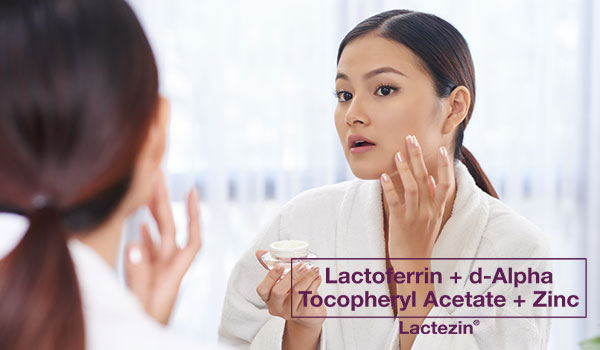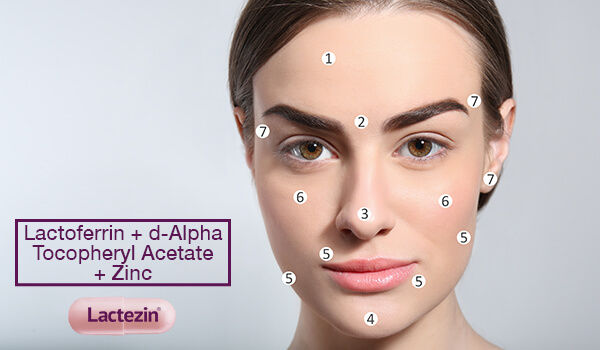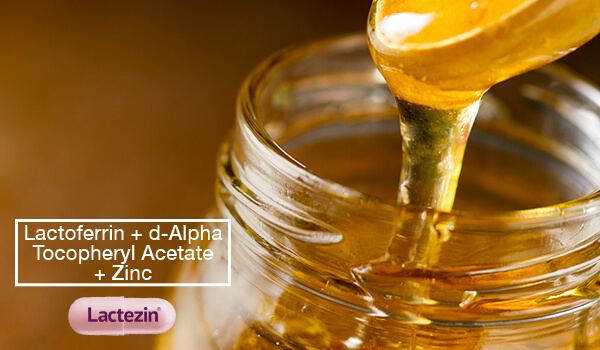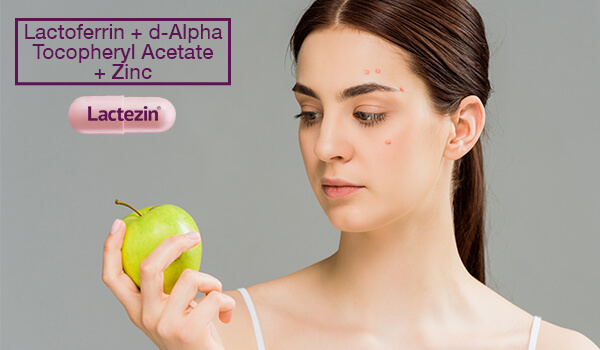Caring for Sensitive Skin: Products & Practices to Avoid

When you have a skin type that’s prone to inflammation and adverse reactions, extra steps for care should be taken. Are products like acne pills or practices such as using baking soda safe for sensitive skin? Read on to find out.
Sensitive Skin & Other Types of Skin
Of the different skin types, sensitive skin may be the trickiest to care for. As its name suggests, sensitive skin has strong reactions to a wide variety of triggers. The reactions range from itchy to redness and inflamed, triggered by various elements. People with sensitive skin may also easily get rashes or irritation from friction or from getting in contact with specific fabrics.
General Skincare Tips for Sensitive Skin
Go gentle. The best way to prevent unpleasant flare-ups, inflammation, breakouts and other unpleasant skin reactions is by being careful with what your skin comes in contact with. In general, consider these few, small lifestyle changes.
- Long, hot showers may be rewarding, but they can dry your skin! Limit hot showers and baths to less than 10 minutes.
- When drying up after a bath, be gentle. Rather than rubbing the body dry, pat with a soft towel.
- Avoid harsh chemical cleaners for your sheets and clothes.
- When trying out new skincare products, test it first on a small area of skin.
- Make a habit out of reading the labels on your products.
Put simply, the key to avoiding adverse reactions on sensitive skin is identifying and eliminating potential triggers. It could be an ingredient or a specific skincare practice, and these vary from one person to another. To keep track of what elements may be causing your skin to breakout, consider starting a journal and listing down possible habits or products that could be triggering your skin’s reaction. Keeping a journal should also be helpful in conversations or consultations with a dermatologist.
Ingredients, Products and Practices to Avoid
There’s no shortage of reads and features on skincare on the Internet. Whether with sensitive skin or not, choose to be safe and careful with what products and processes you subject your skin to. Check out this short list of sample items and habits to avoid.
Alcohol
Alcohol can be good or bad for the skin. But keep an eye out for these specific types in your products:
- SD Alcohol 40
- Denatured Alcohol
- Ethanol
- Isopropyl Alcohol
These are known to dry out and irritate skin. For facial products such as scrubs and toners, opt for safer, gentler alternatives such as those with witch hazel.
Fragrance
Scented skincare products are a watch out, as well. While they may usually smell nice and soothing, fragrance and perfumes present in a number of over-the-counter washes, scrubs and other products may encourage acne and breakouts. The keywords to look out for are “fragrance,” “parfum,” or ” “perfume” on your product’s ingredient list.
Coconut oil
Coconut oil is praised for its many benefits for the body. However, it can clog your pores and trigger breakouts or worsen acne that’s already present.
Exfoliating beads
Exfoliating is an important step to an anti-acne skincare routine. But be cautious when using products with microbeads. While some may be effective in unclogging pores, others can damage the skin, leaving micro tears that compromise the skin’s protective barrier. The skin can become dry, flaky and even with patches of inflammation or redness.
Look for products that use synthetic beads. Chemical options with alpha hydroxy acids (like glycolic acid), beta hydroxy acids (like salicylic acid), retinols, or topical enzymes may also be good alternatives to clearing out pores.
Parabens
Parabens refer to a group of chemicals (methylparabens, propylparabens, butylparabens, and ethylparabens) added to products to extend their shelf-life. The danger with parabens is that they can mimic estrogen in the body. This disruption in the body’s hormonal balance may result in many changes in the body, including the skin’s behavior.
Home or DIY Remedies
The countless hacks and tips on the Internet may be easy and so tempting to try. But try to do more research before actually trying these remedies. Not all will work for everyone, and some may, in fact, worsen skin conditions.
For example, two of the most known easy hacks to clearing acne are adding home ingredients baking soda and lemon to your skincare routine. Baking soda is too alkaline while natural and pure lemon juice is too acidic for the skin.
Managing Acne with Pills and Other Oral Medications
When acne persists despite keeping with a good skincare routine and using the right products, dermatologists may recommend taking anti-acne pills or other oral medications such as Lactoferrin + d-Alpha Tocopheryl Acetate + Zinc (Lactezin).
Lactezin targets pimples with these anti-pimple ingredients:
- Lactoferrin is an iron-binding protein with antibacterial and anti-inflammatory properties. It enhances the body’s immune system while helping fight pimple-causing bacteria and minimizing sebum and inflammation
- Vitamin E is an antioxidant that aids in keeping the cells healthy by preventing damage by free radicals.
- Zinc is found to have oil-regulating properties that contribute to improve the skin’s appearance
Get your acne questions answered with expert pimple care tips and advice from Lactezin.
SOURCES:
https://www.medicalnewstoday.com/articles/sensitive-skin
https://www.healthline.com/health/beauty-skin-care/acne-prone-skin#see-a-dermatologist
https://www.healthline.com/health/beauty-skin-care/how-to-unclog-pores


